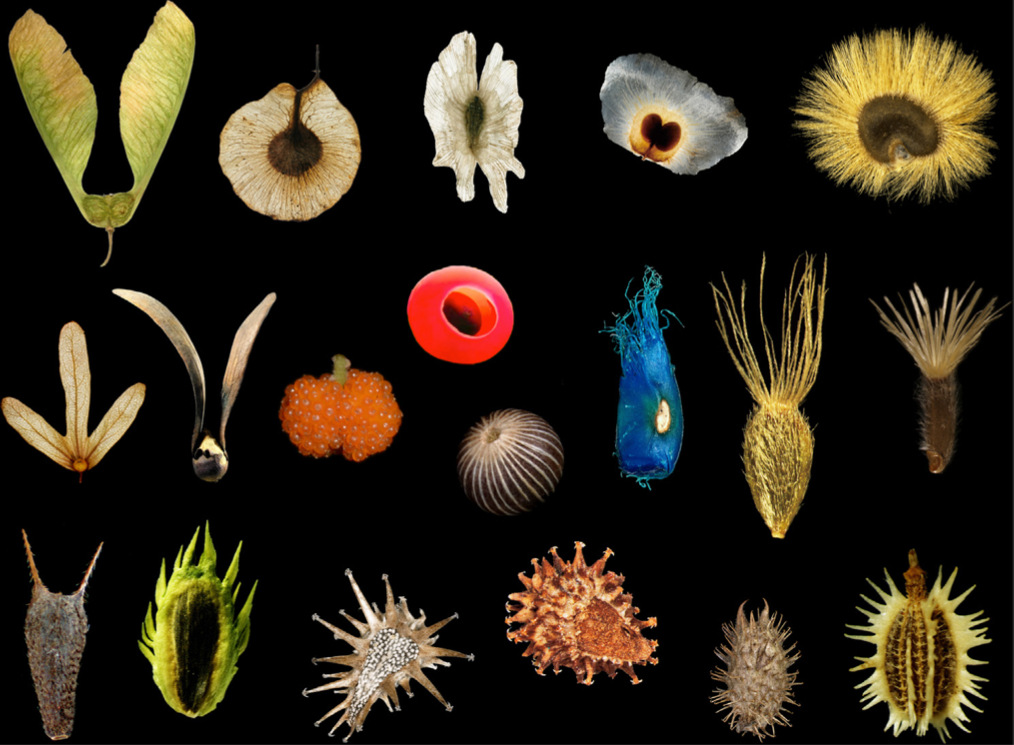
Review: The establishment of plants following long-distance dispersal
Plant Science Research WeeklySeed dispersal is a critical ecological process with far-reaching implications. On rare occasions, seeds can be dispersed over vast distances, far beyond the range of the species. These events, known as long-distance dispersal, have profound evolutionary implications by expanding species distribution…
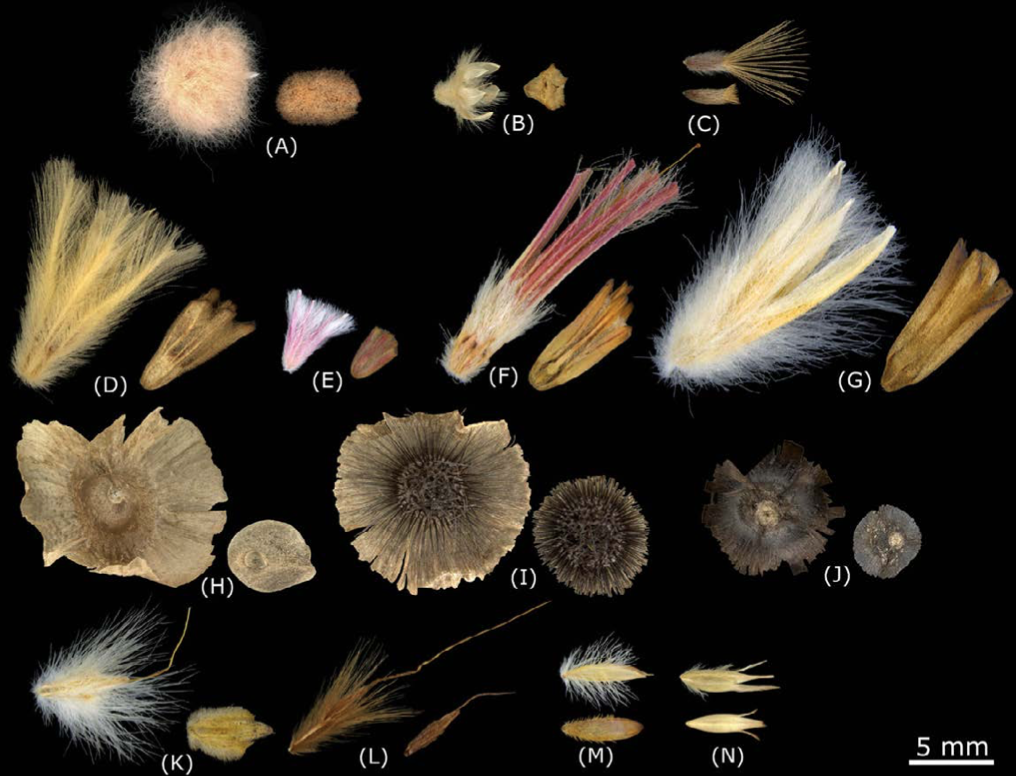
Flash flaming enhances mechanized seed sowing for ecological restoration
Plant Science Research WeeklyOne of the main challenges of seed-based restoration is incorporating seeds from as wide a variety of species as possible. However, the seeds of some species have shapes or appendages that make it challenging to use specialized machinery for direct seeding, which hinders large-scale restoration projects…
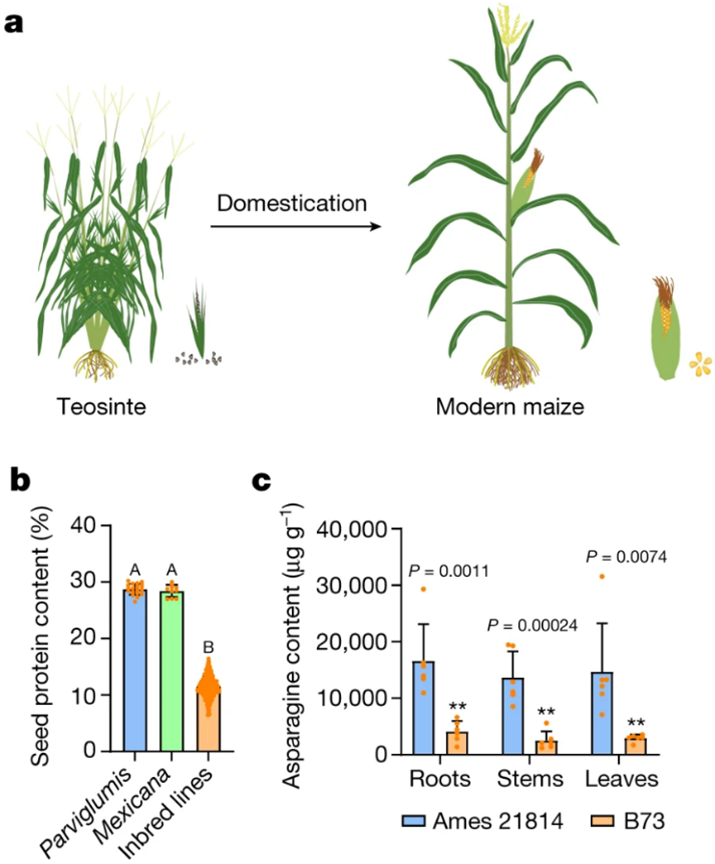
A teosinte gene enhances seed protein content in maize
Plant Science Research WeeklyIncreasing nitrogen-use efficiency (NUE) and seed protein content are important for maize breeding. Modern maize hybrids have 6.5-16.5% seed protein content, while the wild ancestor of maize, called teosinte, has ~30% seed protein content. In addition, teosinte (accession Ames 21814) contains notably…

Simulated climate warming decreases fruit number but increases seed mass
Plant Science Research WeeklyThere is a growing number of studies showing the effects of rising temperatures on different aspects of plant life cycles and ecological dynamics. However, little is known about how a warmer world would affect plants' reproductive performance; in other words, how many resources they invest in reproduction…
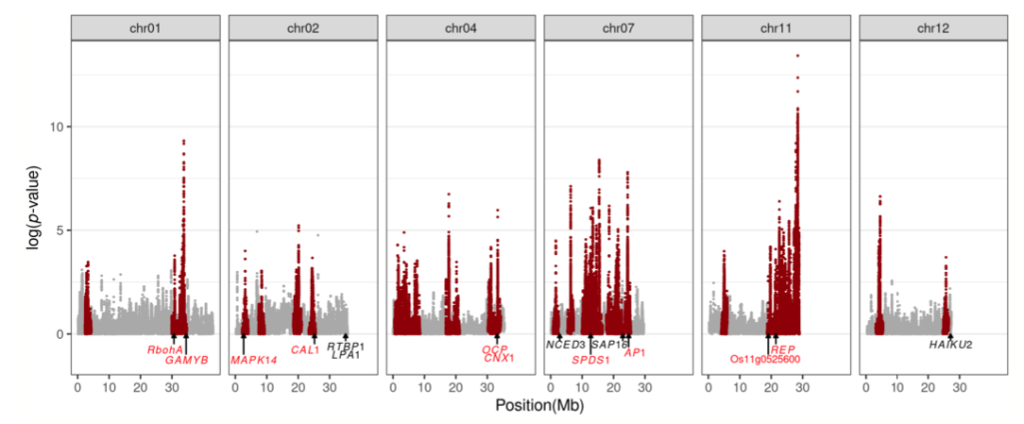
Hybrid-derived weedy rice maintains adaptive combinations of alleles associated with seed dormancy (Mol. Ecol.)
Plant Science Research WeeklyThe cross between genetically distant parents is an essential source of genetic variation. This process, known as hybridization, might result in the loss of adaptive gene combinations due to the introduction of non-adaptive alleles. However, Imaizumi and colleagues show this is not the case with weedy…
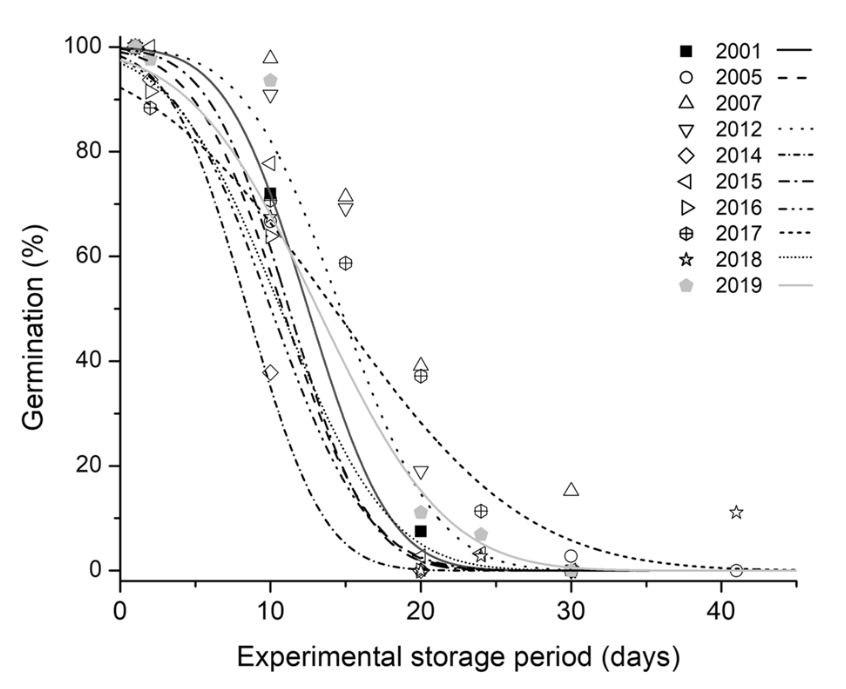
Two decades of climate change alters seed longevity in an alpine herb (Alp. Res.)
Plant Science Research WeeklyAlpine ecosystems are particularly vulnerable to climate change since they are experiencing swift temperature increases and rainfall reduction. These changes have been shown to affect different aspects of plant life history, such as phenology and germination. In this exciting research, White and colleagues…
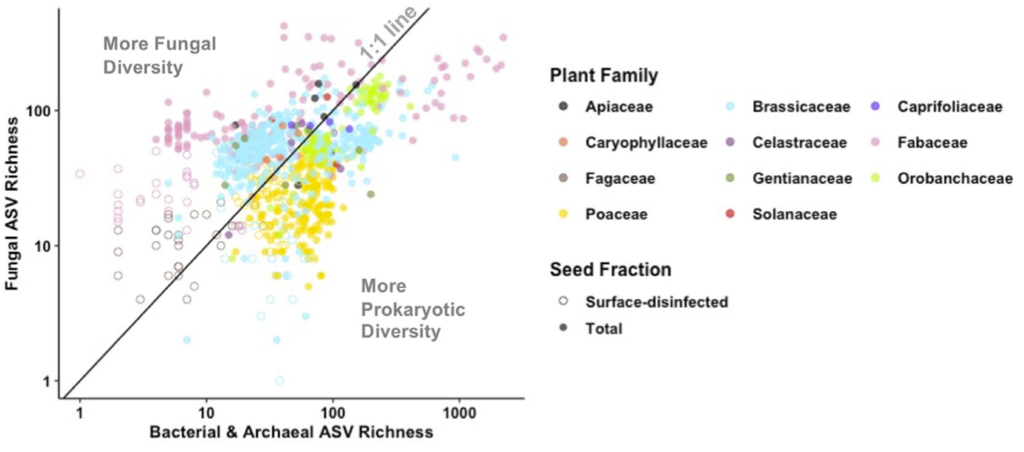
Seed microbiota revealed by a large-scale meta-analysis including 50 plant species (New Phytol)
Plant Science Research WeeklyThe study of seed microbiota is rapidly getting attention among plant scientists, given its role in modulating seed germination and plant fitness. Here, Simonin and colleagues synthesize the information from 63 studies and provide a thorough overview of this topic's current state of the art. The authors…
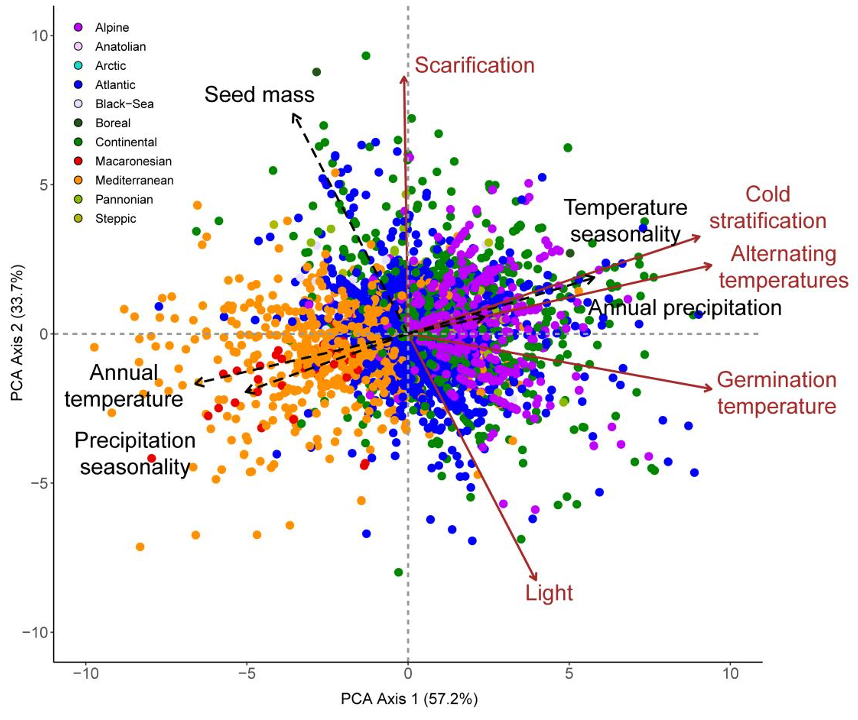
Climate shapes the seed germination niche of temperate flowering plants: a meta-analysis of European seed conservation data (Ann. Bot.)
Plant Science Research WeeklyThe seed germination niche is the set of environmental conditions in which a seed can germinate. This collection of requirements is expected to be tuned to the climate each species encounters in its natural habitat, but this hypothesis remains to be formally tested. Here, Carta and colleagues make use…

Seed dormancy in space and time: global distribution, paleo- and present climatic drivers and evolutionary adaptations ($) (New Phytol.)
Plant Science Research WeeklySeed dormancy is widely recognized as a key mechanism to ensure that germination takes place under the most suitable conditions. Such is its importance that multiple studies have described the morphological, physiological, and genetic mechanisms behind it, yet its global distribution and the past and…

